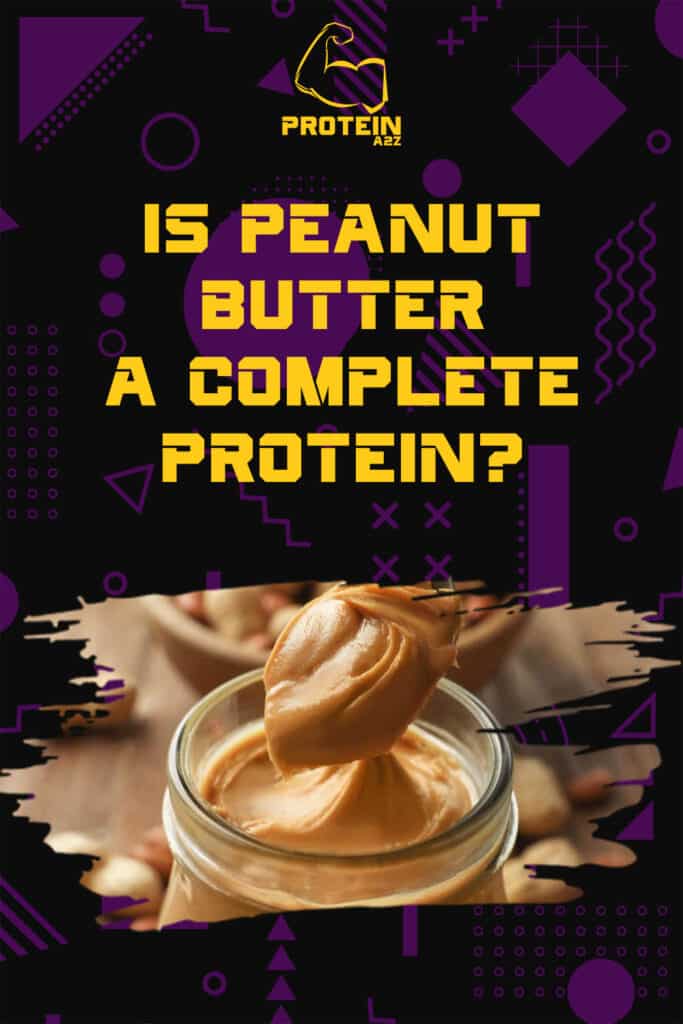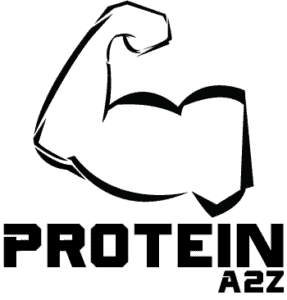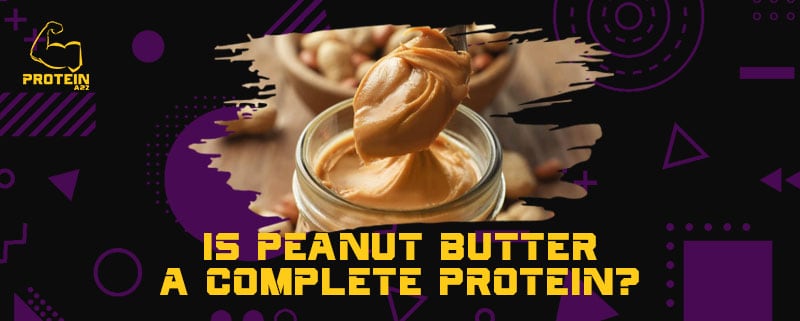Peanut butter is not a complete protein source, as it does not contain all of the essential amino acids our bodies need. On the other hand, it is counted toward your daily protein intake goals and is safe to consume in moderate quantities. Peanut butter is considered a complementary protein.
Table of Contents
Is it healthy to eat peanut butter?
Like any other product, peanut butter’s nutritional status depends on the contents inside the packaging. Avoid peanut butter with added sugar, stabilizers, preservatives, and colorants. Aside from that, in moderate quantities, peanut butter is safe and healthy to eat.
Peanut butter provides a great amount of protein, vitamins and minerals like zinc, potassium, and magnesium, which prevents muscle cramps. Just two tablespoons of peanut butter contain 7 grams of protein, a third of your daily recommended Niacin, and a good amount of vitamin B6.
The benefits of eating peanut butter
Weight loss
Peanuts increase satiety because of the high quantities of protein, fat and fiber. Just a single tablespoon of peanut butter lowers your appetite and aids in weight loss.
Muscle growth
Many bodybuilders and amateur athletes incorporate peanut butter into their diets, as it provides a lot of calories. Active men usually need up to 3000 calories or more in a day if they are trying to bulk up, whereas women could get as high as 2400 calories if they are looking to build muscle fast. Peanut butter helps increase the calorie count with a healthy dose of protein and fat.
Decreases risk of heart disease
Peanut butter contains a ton of nutrients that are healthy for your heart, such as niacin, magnesium, vitamin E, and poly and monounsaturated fatty acids.
Reduced risk of breast disease
Recent studies show that eating peanut butter from a young age decreases the chance of breast disease in women. The research was conducted with over 9,000 schoolgirls and showed that women who incorporated peanuts and other foods like soy, beans, and vegetables into their diets in moderation had a lower overall risk of breast cancer.
Older people need protein too: This is the best protein powder for seniors.
FAQs
What are the disadvantages of eating peanut butter?
Peanut butter is high in saturated fats. A single tablespoon has as high as 20 per cent of your daily recommended maximum, shared by the American Heart Association. Moreover, it contains a high amount of sodium, almost 10 per cent. Eating peanut butter should be in moderate amounts.
How to transform peanut butter into a complete protein source
Peanuts do not contain the full amount of essential amino acids that our bodies need. If you combine peanut butter with a loaf of bread, however, you would get all the needed amino acids to turn your meal into a complete protein source. Other things you can add are tortillas, black beans, lentils, rice, or whole wheat foods in general.
Which foods are complete proteins?
Complete protein foods are the ones that contain all nine essential amino acids that our bodies need. These foods include meat in general, poultry, eggs, dairy, and fish. On the other hand, vegetables and oats are considered complementary protein sources.


